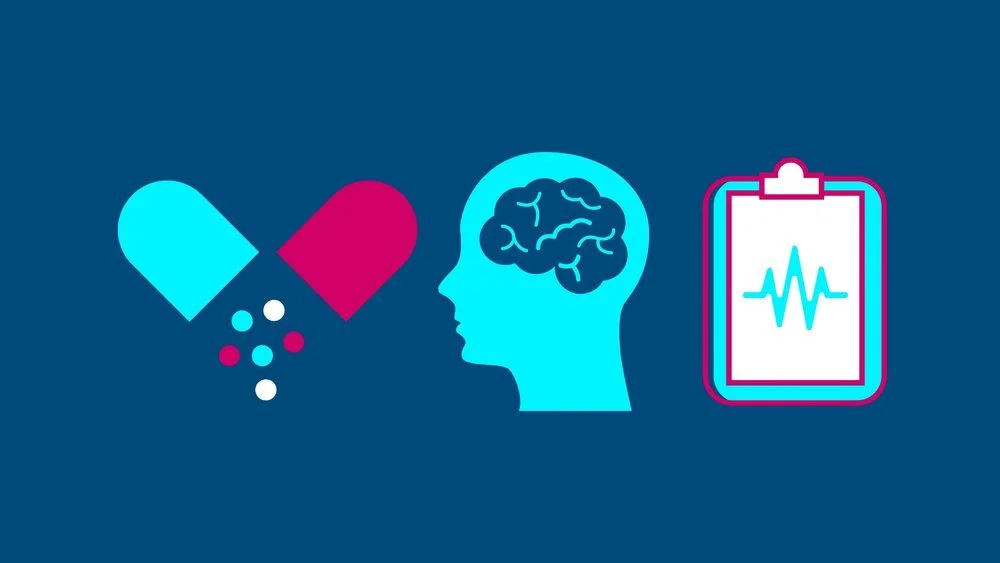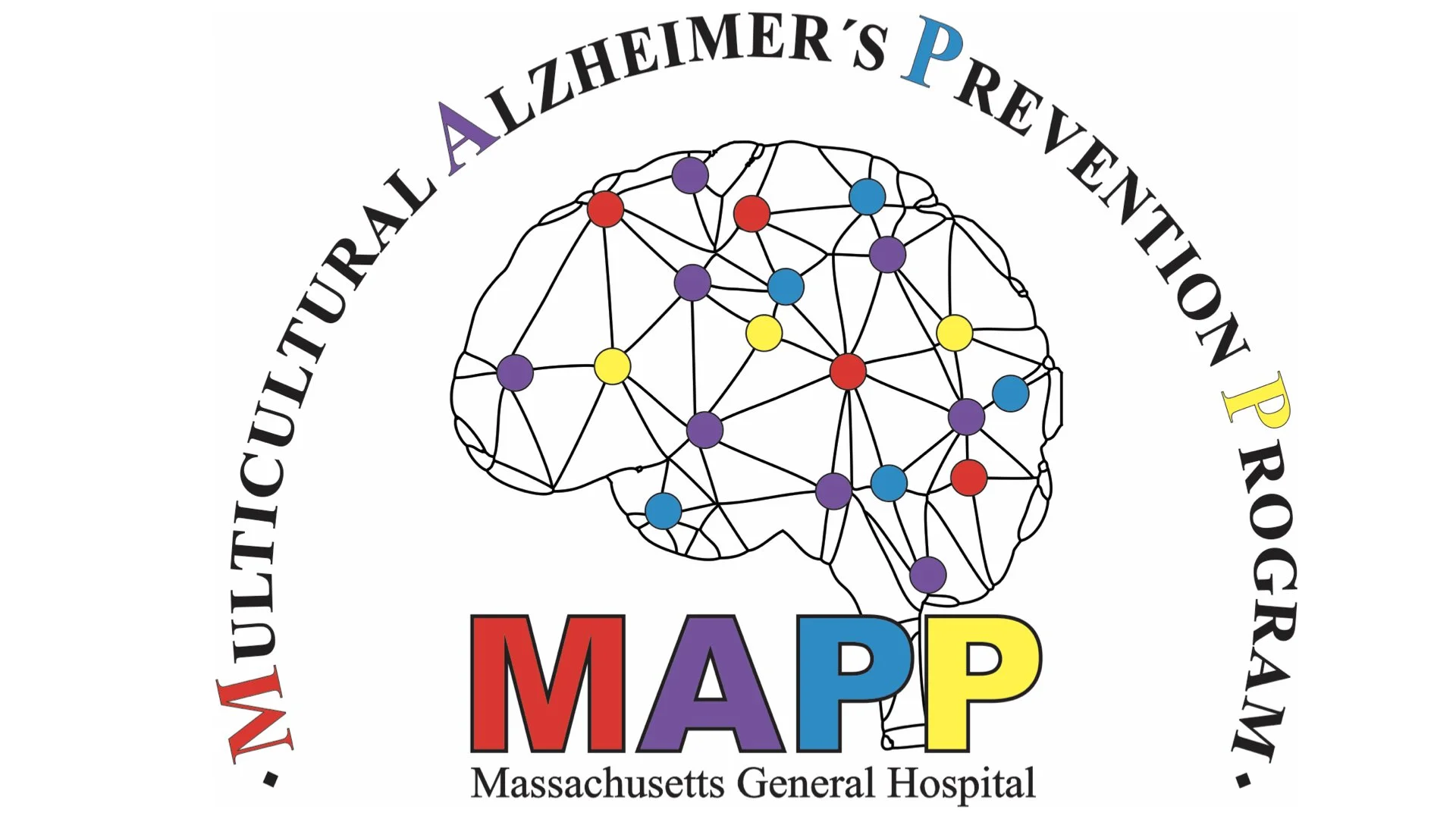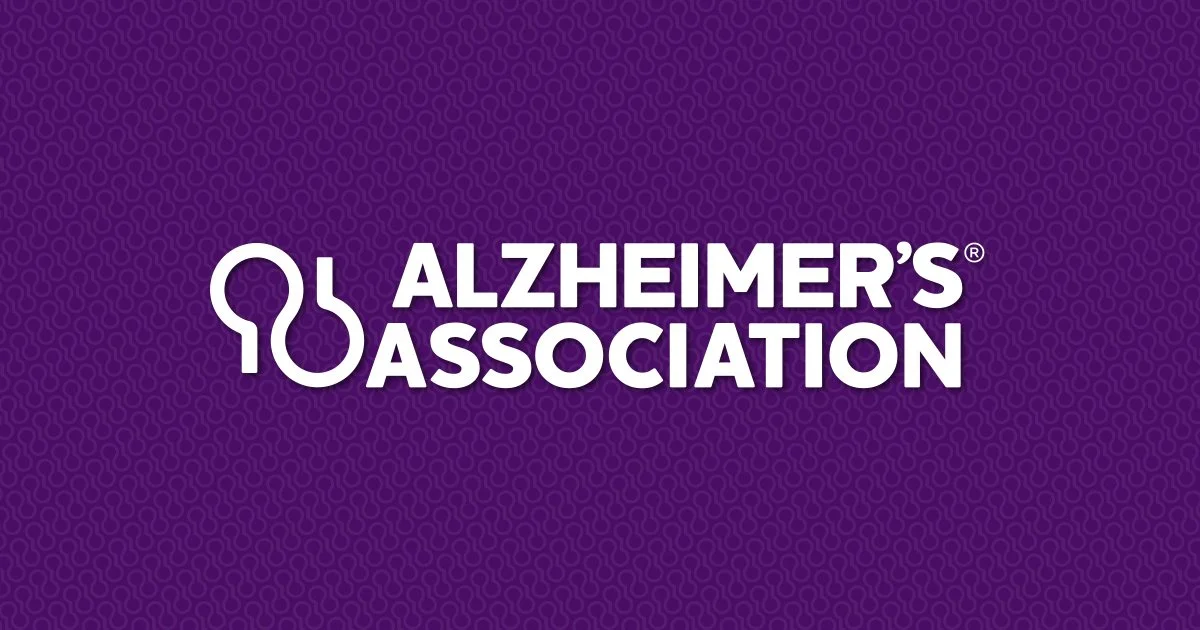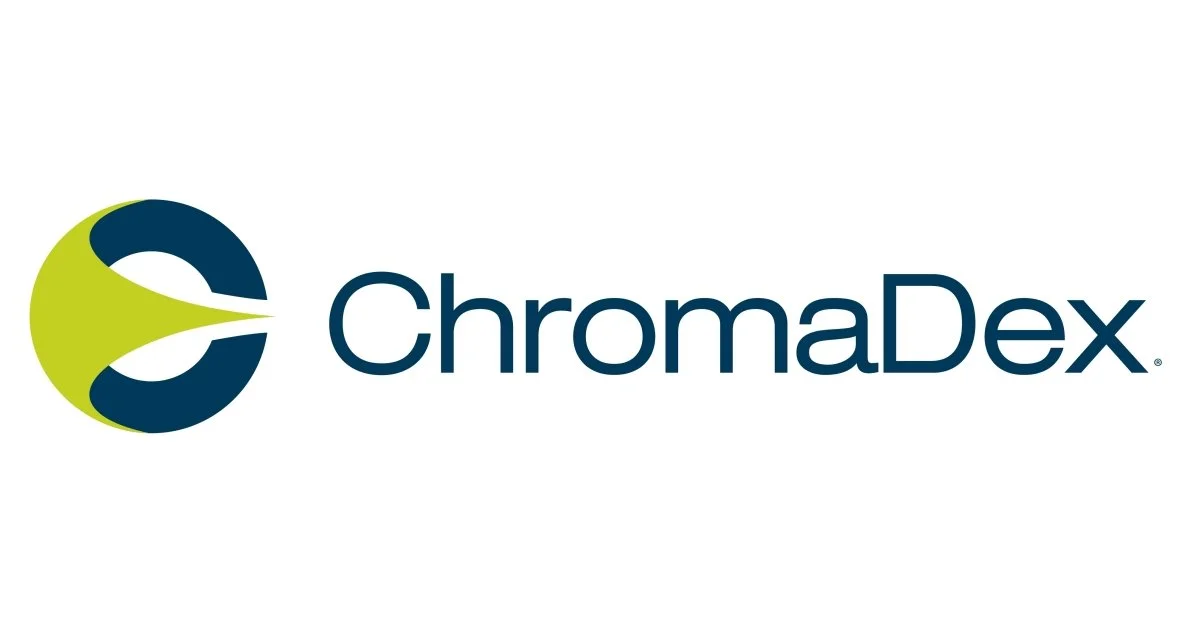Research.
The effect of nicotinamide riboside on NAD+ levels and Long-COVID recovery.
A clinical trial that examines the effect of nicotinamide riboside on NAD+ levels and recovery of cognitive, neuropsychiatric and physical symptoms in individuals with Long-COVID. The trial is available for English and Spanish speakers.
In collaboration with the Alzheimer’s Clinical and Translational Research Center. Read more about it here.
Funded by ChromaDex and the MGH McCance Center for Brain Health
Markers of risk for neurodegeneration in people with Long-COVID
The proposed study aims to examine whether people with Long-COVID, who have been experiencing “brain fog” and other symptoms for months after COVID-19 infection, may show evidence of inflammation and injury in brain cells (i.e., neurons), as well as disrupted communication between brain structures known to be important for memory and attention, and how these relate to cognitive functioning.
Funded by the Alzheimer’s Association and the MGH Physician/Scientist Development Award
Interested in participating? Email us at covidniagenstudy@mgh.harvard.edu
Aerobic fitness as a modifier of neurodegeneration and cognitive decline in preclinical Alzheimer's disease.
This study aims to characterize baseline and longitudinal relationships between aerobic fitness, markers of Alzheimer’s disease-pathology (e.g. amyloid and tau), functional brain network connectivity, and cognitive decline, as well as the potential moderating role of neuroinflammation, in a unique group of individuals with autosomal-dominant Alzheimer’s disease due to the Presenilin-1 E280A mutation.
Funded by the National Institute on Aging K23 K23AG061276, mentored by Dr. Yakeel T. Quiroz and Dr. Art Kramer.
Early detection of Alzheimer’s disease
The Colombia-Boston (COLBOS) Longitudinal biomarker study on familial Alzheimer’s disease led by Dr. Yakeel T. Quiroz aims to find early cognitive and biological markers of Alzheimer’s disease and predict dementia risk. Dr. Guzmán Vélez’s research at MAPP has focused on identifying tests that are sensitive to early pathological changes in Presenilin-1 E280A mutation carriers, and that can reliably differentiate individuals in the preclinical stage of Alzheimer’s disease from adults with no genetic predisposition for Alzheimer’s disease, and using neuroimaging techniques to measure changes in functional brain connections in preclinical AD.
Current funding
Media Coverage of Our Research
Past research















